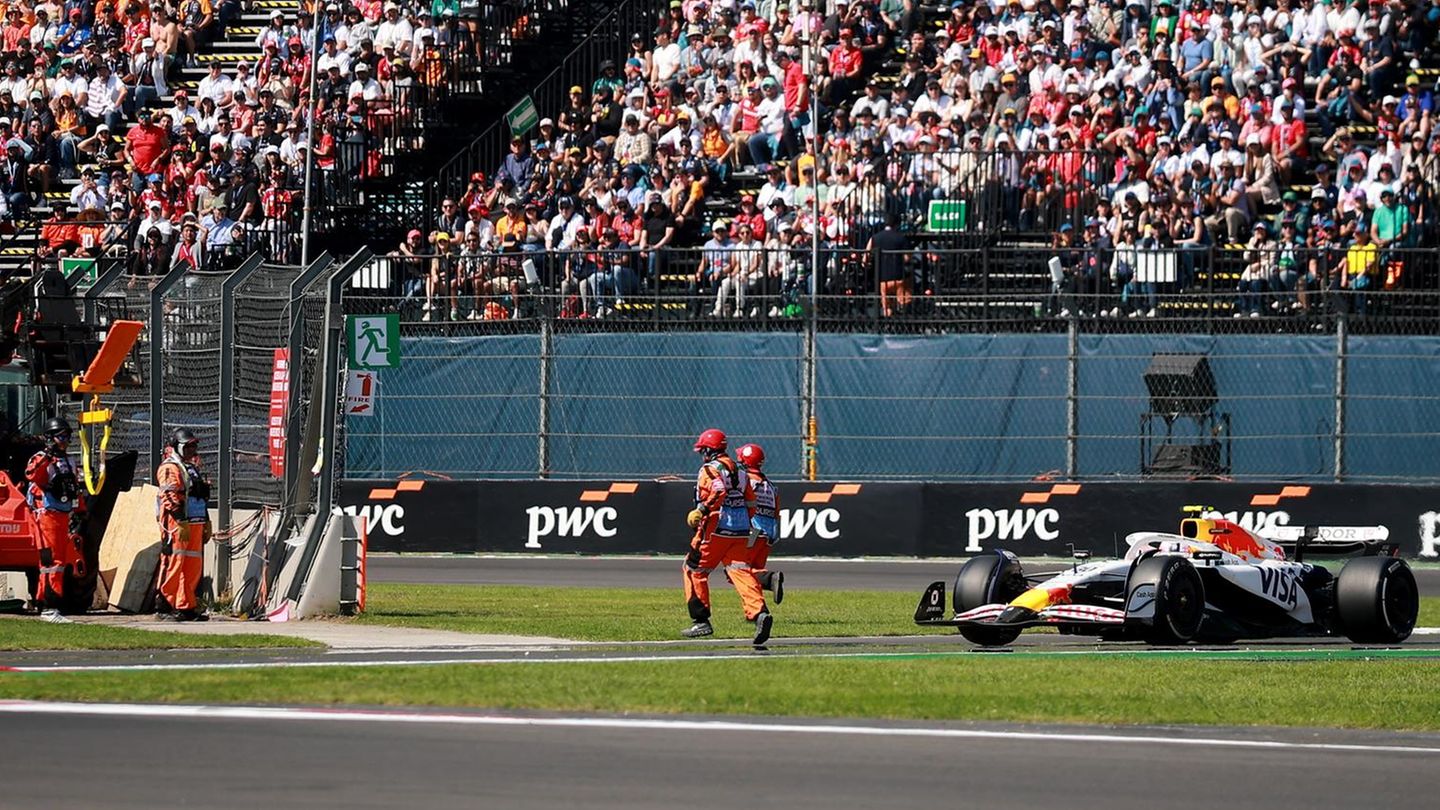Menu
Overdrawing a credit card: Is that even possible?
Categories
Most Read
the discount with which you can save $6,000 on your next ride
October 26, 2025
No Comments
Scott Bessent assured that aid to Argentina will not result in losses for US taxpayers
October 26, 2025
No Comments
The US and China reached a preliminary agreement after two days of trade negotiations
October 26, 2025
No Comments
Sale Sunday! This supermarket launched exclusive promotions for its anniversary
October 26, 2025
No Comments
How much do I earn if I deposit $500,000 from home banking in 30 days
October 26, 2025
No Comments
Latest Posts

Formula 1: marshals run in front of Liam Lawson’s car
October 27, 2025
No Comments
PierceI am Pierce Boyd, a driven and ambitious professional working in the news industry. I have been writing for 24 Hours Worlds for over five

There is already euphoria in the markets due to LLA’s electoral failure: ADRs fly up to 16% on Wall Street
October 27, 2025
No Comments
October 26, 2025 – 9:50 p.m. Before the result was known, after 9 p.m., Argentine ADRs were already beginning to gain strong bullish momentum this

Munich: Citizens vote for Olympic bid in 2036, 2040 or 2044
October 26, 2025
No Comments
Citizens’ decision Munich votes for Olmypia application Listen to article Copy the current link Add to wishlist There was record participation in the Munich referendum
24 Hours Worlds is a comprehensive source of instant world current affairs, offering up-to-the-minute coverage of breaking news and events from around the globe. With a team of experienced journalists and experts on hand 24/7.

